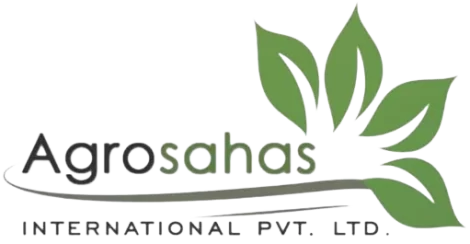In this blog post, we shine a spotlight on the real stories of success from customers who have experienced the benefits of Kyekyo Maize Flour. From entrepreneurs who have built profitable businesses to individuals who have incorporated maize flour into their daily lives, these stories highlight the versatility and impact of this staple ingredient.
Customer Success Stories
1. Sarah’s Bakery
Sarah, a passionate baker, shares her journey of starting a bakery business using Kyekyo Maize Flour. With its high-quality texture and nutritional benefits, Sarah’s cornbread and pastries have become customer favorites, leading to the success of her bakery venture.
2. David’s Farm-to-Table Venture
David, a farmer, saw an opportunity to diversify his farm produce by processing maize flour. By partnering with Kyekyo Maize Flour, David established a farm-to-table business model, supplying fresh, locally sourced maize flour to restaurants and households in his community. His commitment to quality and sustainability has earned him loyal customers and steady growth.
3. Maria’s Family Favorite
Maria, a homemaker and mother of three, shares how Kyekyo Maize Flour has become a staple in her family’s diet. From Ugali to pancakes and snacks, Maria incorporates maize flour into various dishes, thanks to its affordability and nutritional value. She emphasizes the convenience and health benefits of using Kyekyo Maize Flour in her everyday cooking.
4. Jackson’s Street Food Success
Jackson, a street food vendor, narrates his success story of introducing maize-based snacks using Kyekyo Maize Flour. His innovative creations, such as maize fritters and bhajias, have gained popularity among locals and tourists alike, showcasing the versatility of maize flour in street food culture.
Starting a Maize Flour Business
For entrepreneurs inspired by these success stories, starting a maize flour business can be a lucrative venture. Here are some steps to consider:
- Market Research: Understand the demand for maize flour in your target market and identify potential competitors.
- Business Plan: Develop a comprehensive business plan outlining your goals, target audience, marketing strategies, and financial projections.
- Sourcing Maize: Establish relationships with reliable maize suppliers or consider growing your own maize for production.
- Processing and Packaging: Invest in quality processing equipment and packaging materials to ensure product integrity and appeal.
- Marketing and Distribution: Implement effective marketing strategies to promote your maize flour brand and explore distribution channels to reach your target customers.
Is Maize Flour Business Profitable?
The profitability of a maize flour business depends on various factors such as market demand, competition, product quality, and marketing strategies. By offering high-quality maize flour, targeting niche markets, and implementing efficient business practices, entrepreneurs can achieve profitability in the maize flour industry.
Conclusion:
The real stories of success from customers using Kyekyo Maize Flour highlight its diverse applications and positive impact across various sectors. Whether it’s entrepreneurship, culinary creativity, or everyday cooking, Kyekyo Maize Flour continues to be a versatile and valuable ingredient. For entrepreneurs aspiring to enter the maize flour business, the key lies in quality, innovation, and customer satisfaction.




